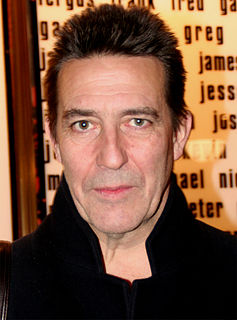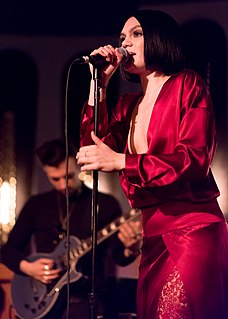A Quote by Ciaran Hinds
When I was young I read 'L'Etranger' by Camus, and it made me aware of the strangeness of life.
Related Quotes
Albert Camus was never abandoned by his readers. Camus is enormously read. He's the highest selling author in the entire Gallimard collection, and has been for some years now. Sales haven't ever stopped, so to talk about rediscovering him would suggest that he isn't read anymore and that's not true.
During the '80s, those you would call the young philosophers of France, such as Bernard-Henri Lévy and [André ] Gluxman, pointed out that Camus had said things no one wanted to hear in the political arena. They said it was [Albert] Camus who was right, not those who had slid under the influence of Sartre, that is to say an unconditional devotion to Communism as seen in the Soviet Union. And ever since then the evaluation of Camus has continued to modify up until today
[Albert Camus] positions are sensed. So, naturally, those intellectuals who don't have that experience have difficulty in comprehending it. But I think it made Camus more tolerant because he had already seen both sides of things when the others had only ever seen one. They imagine poverty, but they don't know what it is. In fact they've got a sort of bad conscience about the working classes.
The first book by an African American I read was Carl T. Rowan's memoir, Go South to Sorrow. I found it on the bookshelf at the back of my fifth-grade classroom, an adult book. I can remember the quality of the morning on which I read. It was a sunlit morning in January, a Saturday morning, cold, high, empty. I sat in a rectangle of sunlight, near the grate of the floor heater in the yellow bedroom. And as I read, I became aware of warmth and comfort and optimism. I was made aware of my comfort by the knowledge that others were not, are not, comforted. Carl Rowan at my age was not comforted.


































